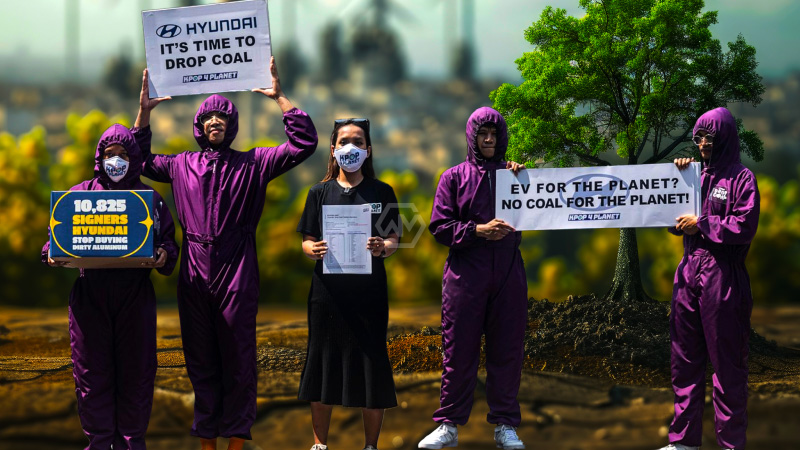- Other environment dissident gatherings have started uniting with Kpop4Climate, an ecological gathering established in 2021 by K-pop fans Nurul Sarifah and Dayeon Lee.
- After Kpop4Climate requested South Korean automaker Hyundai Engine Co., it as of late rejected an arrangement connected to coal power plants in Indonesia.
- Government officials additionally have attempted to take advantage of that power.
Fanatics of Korean pop groups all over the planet are progressively diverting their millions-in-number web-based local areas into environment and ecological activism, fighting agreements connected to coal power, asking K-pop performers to cut waste, and bringing issues to light about environment-related issues.
The capacity to rapidly coordinate an enormous, committed bunch has made K-pop fans an undeniably compelling entryway online as they take part in fights and advance causes that have incorporated the People of Color Matter development.
Worldwide Fans of Korean Pop Bands
In 2021, Korea Past Coal — an alliance of municipal gatherings calling for South Korea to quit utilizing coal power — collaborated with Kpop4Climate 2021 to bring issues to light about plans for a coal-consuming power plant.
The plant site close to the Maengbang Ocean side, the photograph shoot area for the collection of fine art for one of K-pop band BTS’s hit tunes, is a famous objective for the band’s fans and a joint request made by Kpop4Planet and Korea Past Coal got large number of marks.
The power plant is as yet going on, yet the gatherings had the option to bring issues to light about the ecological issues brought about by coal power, Lee said.
Korean mainstream society’s energetic groups of followers’ activism and generosity started during the 1960s, said Stephanie Choi, a postdoctoral partner at the College of Bison concentrating on K-mainstream society. Presently, K-pop fans routinely sort out a great many individuals via virtual entertainment stages to purchase presents for stunningly famous K-pop vocalists and groups or advance different causes.
Sarah and Lee have adjusted Kpop4Climate’s exercises to different causes, starting with encouraging amusement organizations to scale back squander connected with the K-pop fan culture of gathering photograph cards of musicians, which are remembered for collections and sold as a product. K-pop marks frequently discharge various adaptations of collections with many different photograph cards, empowering fans to mass purchase collections to partake in fortunate draws for meet-and-welcome occasions with K-pop stars.



